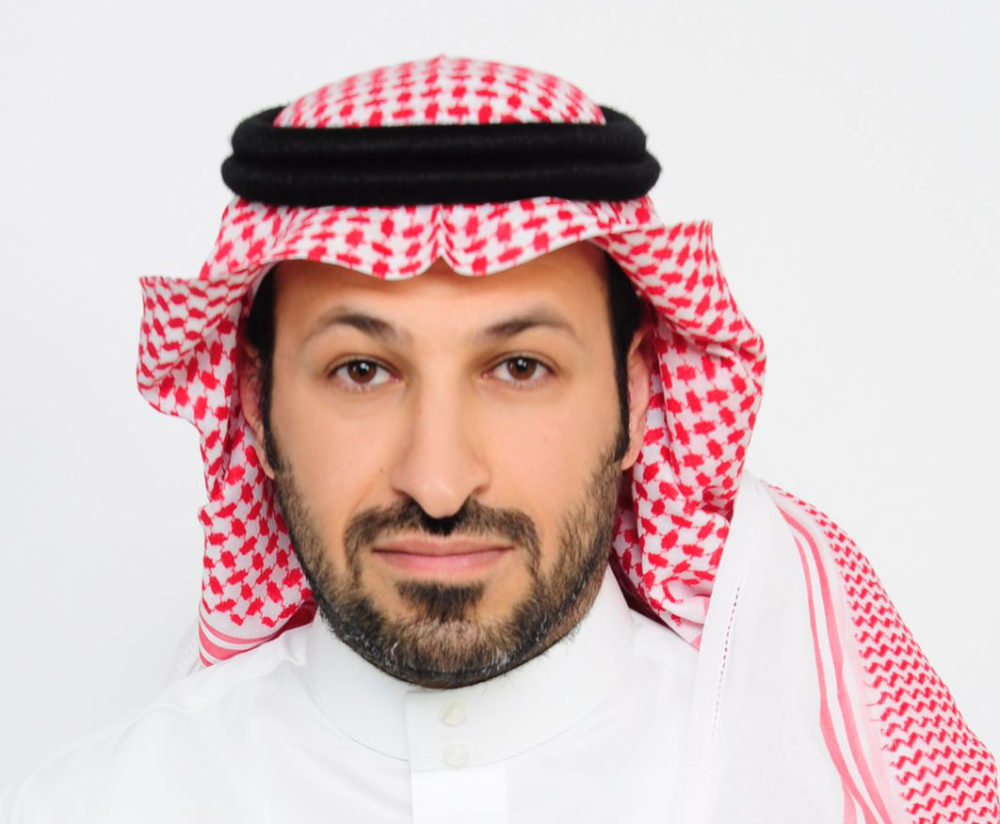RIYADH: The Saudi national mathematics team earned six medals (two silver and four bronze) at the International Mathematical Olympiad 2022.
The event, which fielded 589 students representing 106 countries, ends on Saturday.
The Kingdom’s ranking moved up 16 places to 22nd among the countries competing in the IMO, which began on July 6 in Oslo.
HIGHLIGHT
The Kingdom’s ranking moved up 16 places to 22nd among the countries competing in the IMO, which began on July 6 in Oslo.
Marwan Khayyat, a student from the Makkah Education Department, won a silver medal, bringing his total to 15 international prizes, a record number for the Kingdom.

Badr Al-Majrathi, Manager of Mawhiba’s competition department. (Supplied)
Hadi Al-Eithan from the Al-Ahsa Education Department received a silver medal, while Mohammed Al-Dubaisi, Ali Ramadan, Mahdi Al-Beik and Muath Al-Ghamdi won bronze medals.
Secretary General of King Abdulaziz and his Companions Foundation for Giftedness and Creativity (Mawhiba) Dr. Amal Al-Hazaa said: “This marks the first time that the Saudi national team has won six medals at the Olympics for all of its members, with a total score of 168, up 44 points from the team’s previous-highest total in 2019, as well as the highest score ever for a Saudi student, which is 32, up six points from the previous-highest score for a Saudi student in 2019.”
Al-Hazaa said that this accomplishment was the result of collaborative efforts between Mawhiba and the Ministry of Education to invest in talented Saudi students and contribute to achieving development in line with Saudi Vision 2030 objectives and its executive programs and development projects.
She said that Saudi students’ success among students from several developed countries with a long track record in international mathematics competitions showed that Mawhiba and the MoE were on the right track in preparing, qualifying and empowering talented Saudis.
Al-Hazaa said that this global and national achievement had the backing of the country’s leadership, which always supported Saudis in such international events.
The IMO, an international competition held in July each year, includes a high-level difficulty test consisting of six questions distributed over two days assigned to it (with 42 scores). Every day three questions are given to contestants, who are given more than four and a half hours to solve them, and in which pre-university students (those under the age of 20) participate. Each country participates with a team of a maximum of six students.
The first Olympiad was held in 1959 in Romania, with only seven countries participating. In 1961, Yugoslavia joined, bringing the total number to eight countries who continued to participate annually and host the event alternately until 1963. In 1964, Mongolia joined, Vietnam followed in 1974, then Turkey, and the number of participating countries increased to 106 in 2015.
Algeria was the first Arab country to participate in the 1977 Olympics. Saudi Arabia first participated in the 2003 Japan Olympics with two scientific observers and without the participation of students, as required by Olympic regulations.
Badr Al-Majrathi, manager of the competitions department at Mawhiba, said Mawhiba, the MoE, the strategic partner King Abdullah University, the Royal Commissions in Jubail and Yanbu, Princess Noura University, and King Saud University collaborated to achieve these results.
Al-Majrathi told Arab News that Mawhiba was collaborating with its partners to prepare successive generations to represent the Kingdom in international competitions. This began with the selection of students through a talent competition and then enrolling the winners in a talent program for the international Olympics, during which the students spent at least an hour training with local and international experts before representing the Kingdom in international competitions.
The training of students who were still in the stages of general education would continue, as would the care for their talents in its many programs.
“We have connections with the University of Petroleum and King Abdulaziz University for students in the third grade, and additional universities will soon join them to be immediately admitted in the specialty they desire,” he said.
Most students want an external scholarship, and receiving such international honors helps admission to the world’s most prestigious universities. This is accomplished through collaboration with KAUST and their prestigious scholarship scheme, the KAUST Gifted Student Program, to which many students of contests with international medals who have had training for years within the university have been admitted.




























